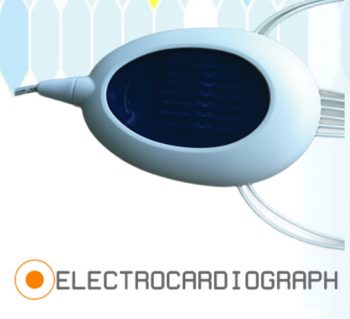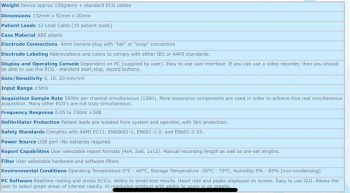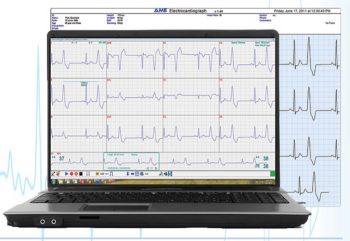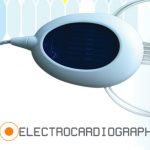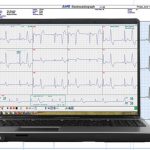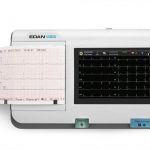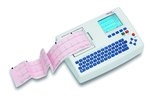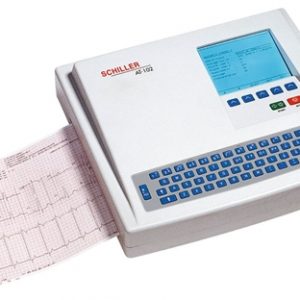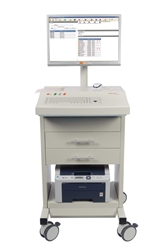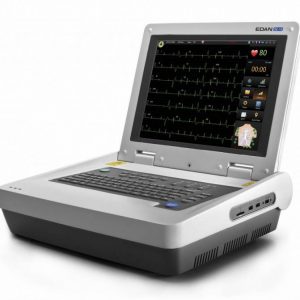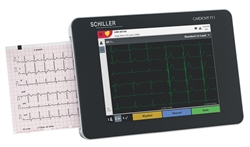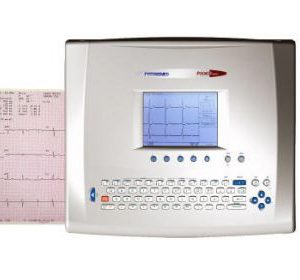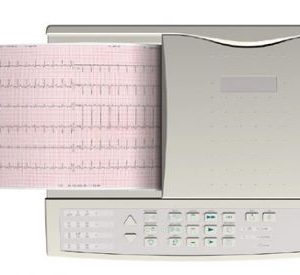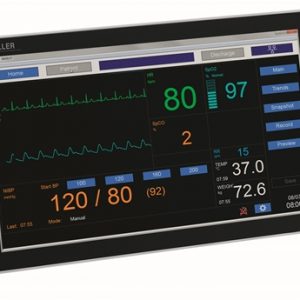- Description
Description
The electrocardiogram [ECG or EKG] is a diagnostic tool that measures and records the electrical activity of the heart in exquisite detail.
The interpretation of these MDA Electrocardiographs allows for the diagnosis of a wide range of heart conditions which can vary from minor to life threatening.
The MDA ECG examines the electrical activity of the heart from twelve points of a view which provides a complete picture of the electrical activity around the heart in both time and space.
The MDA Electrocardiogram uses state-of-the-art electronics with simultaneous data acquisition which generates superior ECG waveforms. It has been tested extensively in the field and has proven itself to be reliable, accurate and robust. No medical practitioner should be without one.
Superior signal quality!
Reasons to Have an ECG
Heart problems cn produce a wide array of symptoms. Without the benefit of an ECG, it may be impossible to tell whether these symptoms are being caused by a heart problem or a if they are just mimicking one. Unless these symptoms are explained by an illness, injury, or condition known to not affect the heart, an ECG will generally be done.
Common symptoms that frequently require an ECG include Chest pain or discomfort, shortness of breath, nausea, weakness, palpitations, anxiety, abdominal pain, fainting (syncope), prior to surgery, occupational or age related.
Anyone aged 4o years or older should have an ECG done.
This first CG serves as a screening tool to detect any cardiac problems and as a baseline for comparison of future ECGs.
A doctor’s practice should be equipped with an Electrocardiogram!

